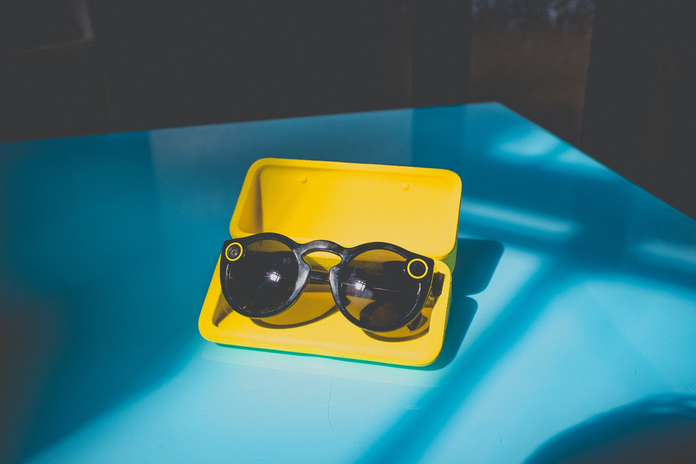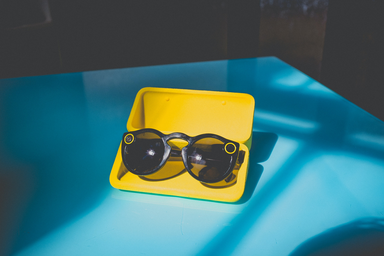I recently heard someone say, “Don’t compare someone else’s highlight reel to your own behind-the-scenes.” This struck a chord with me. Think about the last time you were scrolling through Instagram, or swiping through Snapchat stories and thought to yourself, “I wish I looked like her,” or “Wow, I wish I had her life.” Chances are, whether you admit it or not, this is something that crosses your mind often when you engage in social media.
I’d like to preface this by saying that social media is not a bad thing. However, the ways in which we sometimes use social media can be detrimental to us, and often creates a disconnect between our perceptions of ourselves and others. I typically say that I don’t spend a lot of time on social media. Compared to some people, I don’t. And compared to others, I spend a lot of time on social media. But it doesn’t matter how much or little time other people are spending on these social platforms. The question I need to constantly bring myself to is: is my use and engagement with social media helpful or hurtful to me, and if so, why?
It can be difficult to answer this question honestly sometimes. But when I ask myself this question in regards to Instagram, I find that the way I engage with this app is hurtful to myself and my perception of others. When I use Instagram negatively, I tend to compare my beauty, number of *perceived* friends, and even the quality of photos/content to others. These “others” range from fellow students at Babson to friends from home/random people I’ve met, and even travel and fashion bloggers.
These are three things that I’ve found helpful in managing the negative implications of using social media often, and I challenge you to implement them where or when you feel necessary. Don’t worry, we are in this together!
1) Turn Off Notifications.
I don’t have any notifications for Snapchat or Instagram. This means that in order to see messages, stories, and posts, I must open the app. When I don’t constantly have notifications blowing up my phone, I feel less inclined (and often forget) to check these apps. This is also particularly helpful after I post something on Instagram. By not having notifications, I don’t get updated when someone “likes” my post, which takes the anxiety out of the number of likes I get on my photos.
2) Delete the App.
This one takes real self-control. And to be honest, I haven’t done this in quite some time. But if you’re busy studying for exams, or just want to take a breather from your phone, delete the apps that consume your time! You can always re-download them and log-in, but this is a more permanent solution (that can always be reversed) than simply turning off notifications.
3) Have a Conversation with Someone.
Sometimes I notice that my friends judge others purely based on their profiles. “Oh my God, she’s so pretty I wish I looked like her” or “Wait, she does not look like that in person” are some things I’ve heard my friends and peers say while scrolling through Facebook/Instagram. In these instances, if you have the guts, take the opportunity to have a conversation with them about why they (or you) feel the need to judge others’ appearances solely from their social media profiles. Obviously, approach these conversations in a curious rather than critical manner, and listen. Many times, you’ll notice that people do so because of their own insecurities and then you can have an open conversation about a mutual negative (and positive!) use of social media.
Social media isn’t a bad thing. And it can be extremely useful, as we Babson students know. But, it also can be damaging if you abuse it. I encourage you to try one of the three tips I’ve suggested, or something else that you’ve found works for you. Please let us know what works for you!


